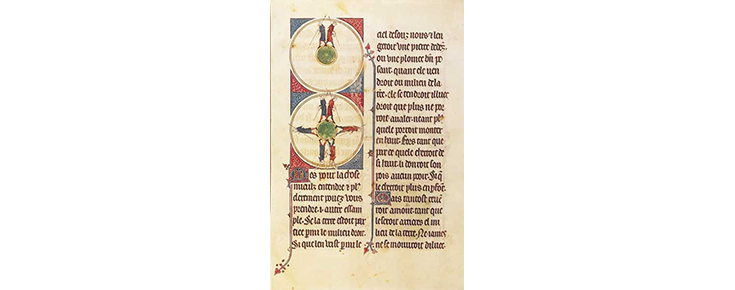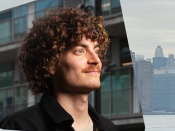
Com Joaquim Alves Gaspar, Investigador Principal do CIUHCT.
Abstract: We know from Antiquity that the Earth is round. Not only did the Greeks produced solid arguments that the surface of our planet was curved but also, they estimated its circumference with a remarkable accuracy. The shape and size of the Earth was not, however, a relevant practical subject for the Europeans during the Middle Ages, other than for the sake of intellectual curiosity of astrologers and philosophers. Even after the systematic exploration of the Atlantic began and Ptolemy’s Geography was translated into Latin during the first half of the fifteenth century, the subject remained unimportant for the routine practice of navigation, and nautical charts continued to be constructed exactly as before, on the implicit assumption of a flat Earth. That was not because pilots and cartographers were ignorant about the real shape of our planet but owing, on the one hand, to the relatively small size of the Western world and, on the other, to the constraints imposed by the navigational methods. In this talk I propose to comment on some episodes and activities of the early modern period, for which the shape and size of our planet were critically relevant. These include the practice of navigation, the construction of maps and charts, as well as the strategic initiatives of the European crowns who wished to enlarge their domains and explore the wealth of the newly discovered lands.
Bionote
Joaquim Alves Gaspar is the lead researcher of the Medea-Chart Project. Retired officer of the Portuguese Navy, specialist in Navigation, master in Physical Oceanography and doctor in Geographical Information Systems. Has been dedicated to the history of nautical cartography since 2005. His research will mostly focus on the cartometric analysis and numerical modelling of charts .


















